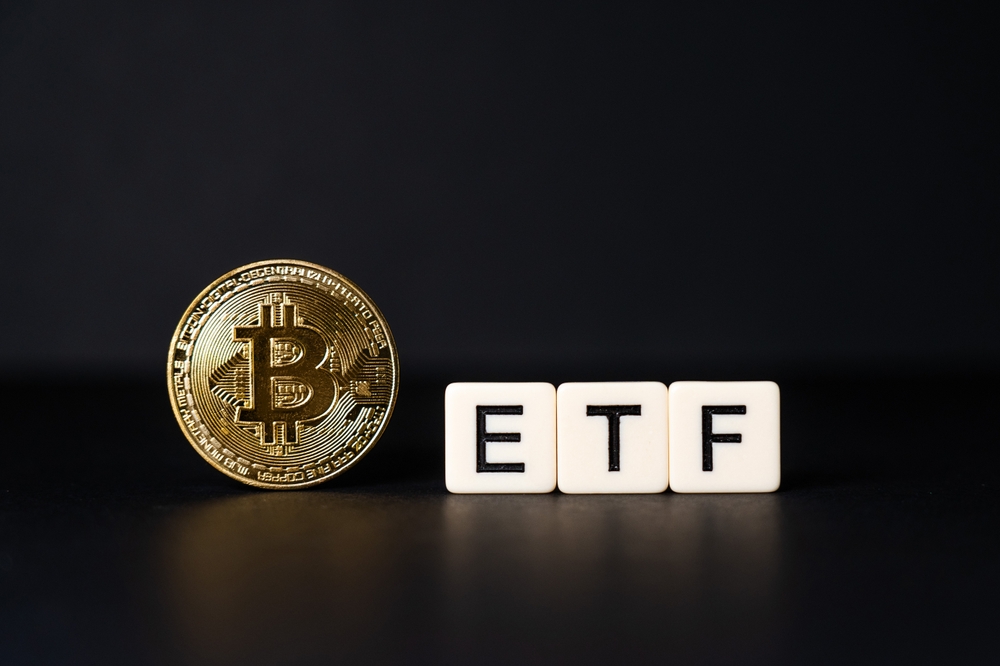BlackRock and Fidelity memos outline finer details of the asset managers meeting with the US Securities and Exchange Commission (SEC). The memos detail the redemption process and the spot Bitcoin exchange-traded fund (ETF) mechanism.
At the heart of the recent talks is a discussion to ascertain the viability of the three separate models proposed by the applicants. The talks involved determining the approach the entities would use to sell Bitcoins whenever the investors seek to redeem shares for the underlying asset.
SEC Enters Inspection Phase of Bitcoin ETF Applications
The recent meeting between Gary Gensler-chaired SEC, and the big-name asset management firms seeking ETF approval involved hashing out the technical details for likely spot Bitcoin ETF. It signals that the security regulator is closer to deciding on the approval of an elusive product.
The memos outline the meeting between the agency and the Wall Street firms involving a review of the redemption process viable for the spot Bitcoin ETF. A recent publication by the crypto news platform The Block underscores that the SEC is in the inspection phase.
The Block publication captures the viewpoints of Indiana University finance professor Vivian Fang, who emphasized that SEC portrays an attempt to hammer out details for likely approval. The scholar’s views arise from the revelation that the SEC met with BlackRock representatives on November 28 to discuss the iShares Bitcoin Trust application.
The meeting allowed the Lary Fink-led BlackRock to present the Revised In-Kind model roadmap. Fang described the model as capable of facilitating the asset manager’s increased flexibility should investors request to redeem the shares for the underlying asset.
Fang considered the potential structures proposed by spot Bitcoin ETF to be a basket holding eggs. The issue dominating the meetings’ agenda is the separate models the applicants could deploy to liquidate Bitcoin if it faced a redemption request.
Fang indicated that regardless of the model applied, investors are guaranteed to receive their cash back upon redeeming the shares.
In-Kind Redemption Approach
The asset managers are set to utilize the customary in-kind redemption approach often used in stock-based ETFs. The model allows retail investors to receive their Bitcoin shares returned by BlackRock. They would then convert the Bitcoin into cash via broker-dealer services.
Fang believes that the SEC favors the cash model, mandating BlackRock to move the bitcoin from its custody for disposal and, in return, give the cash earnings to the investor.
Fidelity identifies with the in-kind redemption model, as revealed in the memo detailing the meeting with the SEC. Fang observed that the preference for the in-kind redemption model arises from the asset managers’ familiarity with the model and the need to avoid shouldering enormous risk.
The difference between the applicants’ models arises in the risk that any party is willing to bear. Investors are unwilling to assume the conversion risk. In contrast, the asset managers prefer the investors to receive equal units to the quantity held on their behalf.
Revised Redemption Model
In its presentation during the November meeting with SEC, BlackRock has outlined a revised roadmap that would not mandate it to liquidate the Bitcoin holders immediately. Doing so is necessary to reduce the impact of sizeable collective redemption on the ETF.
Fang hailed BlackRock’s revised approach as it yields greater flexibility to manage the portfolio without attracting capital gains taxes.
Fang indicated that the difference in the cash model is that one must dispose of Bitcoin to raise the amount required for redemption.
Fang described the revised in-kind model as allowing the asset management firm to settle redemptions in cash without the investor worrying about when and mechanism of selling the Bitcoin to reap the cash. It will enable the firm to exercise control over selling Bitcoin.
Fang lauded the revised model as sufficient to convince and satisfy the SEC. The scholar indicated little difference between the two models from the investor’s perspective.
The Indiana University professor indicated that the SEC likely would prioritize dismissing any model hindering investors’ access to cash during redemption.
Editorial credit: Sadi-Santos / Shutterstock.com
